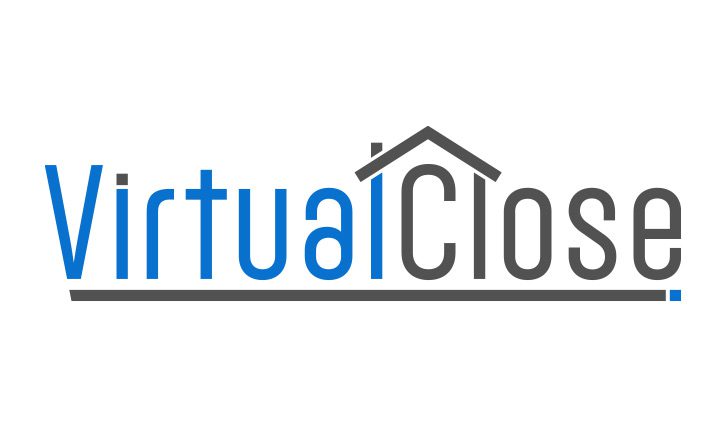
VirtualClose® makes closing easier with virtual options that fit your schedule.
VirtualClose is not available in all states. Contact your Upward Title & Closing representative to learn more about our flexible closing options.
Closing remotely with VirtualClose saves sellers and all-cash buyers time, money and the inconvenience of traveling to an office to complete the transaction. Remote notarizations are scheduled at a time that works for the signers, who may be juggling multiple responsibilities or navigating their transaction from out of state.
VirtualClose® makes closing easier with virtual options that fit your schedule.
VirtualClose is not available in all states. Contact your Upward Title & Closing representative to learn more about our flexible closing options.
Closing remotely with VirtualClose saves sellers and all-cash buyers time, money and the inconvenience of traveling to an office to complete the transaction. Remote notarizations are scheduled at a time that works for the signers, who may be juggling multiple responsibilities or navigating their transaction from out of state.
VirtualClose with Upward Title provides:
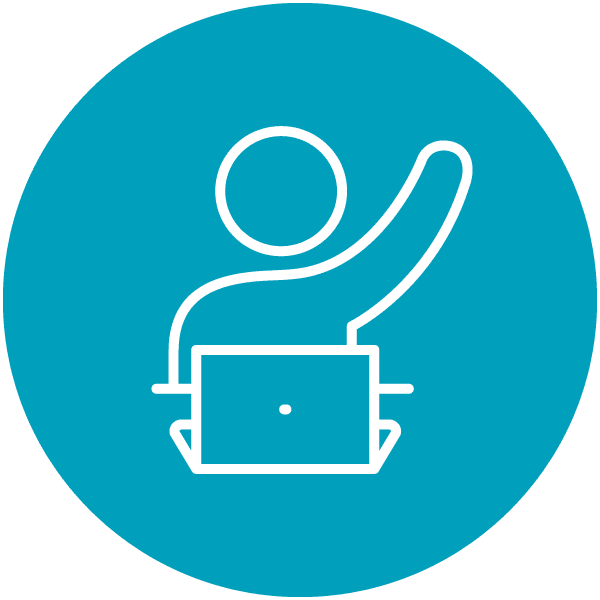
Convenience
Closing documents are conveniently signed and notarized electronically to help sellers complete the transaction securely from home, work or half a world away.
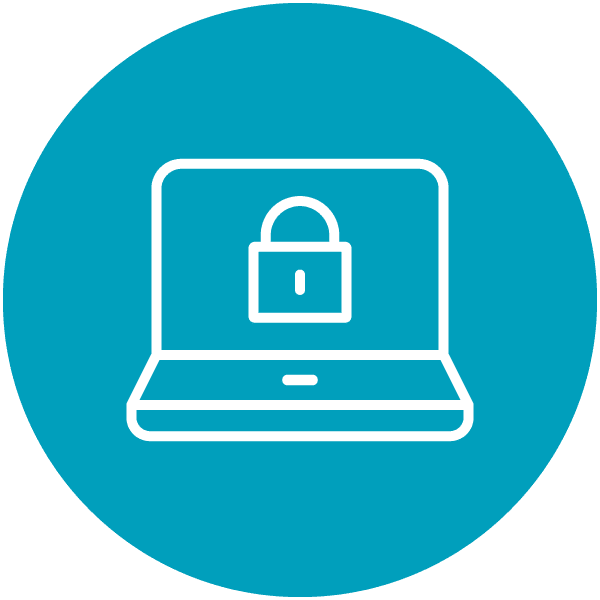
Security
Multifactor third-party authentication and data-based identity verification tools reduce fraud and ensure a safe transaction.

Accuracy
Signing documents electronically leaves less opportunity for error or missed signatures that could delay a closing.

Efficiency
Seamless collaboration between agents, clients and their closing team helps support a smooth transaction and on-time closing.
What to Expect From a VirtualClose Transaction
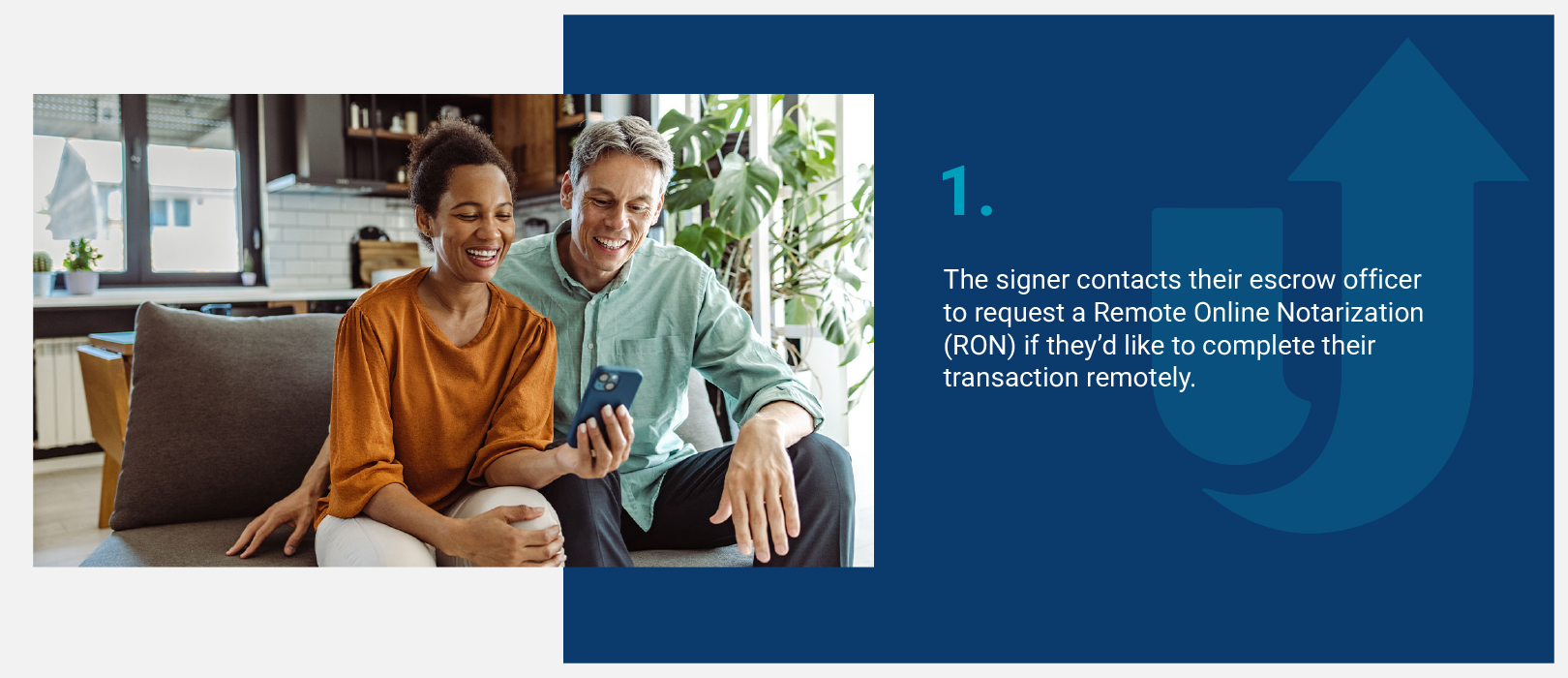
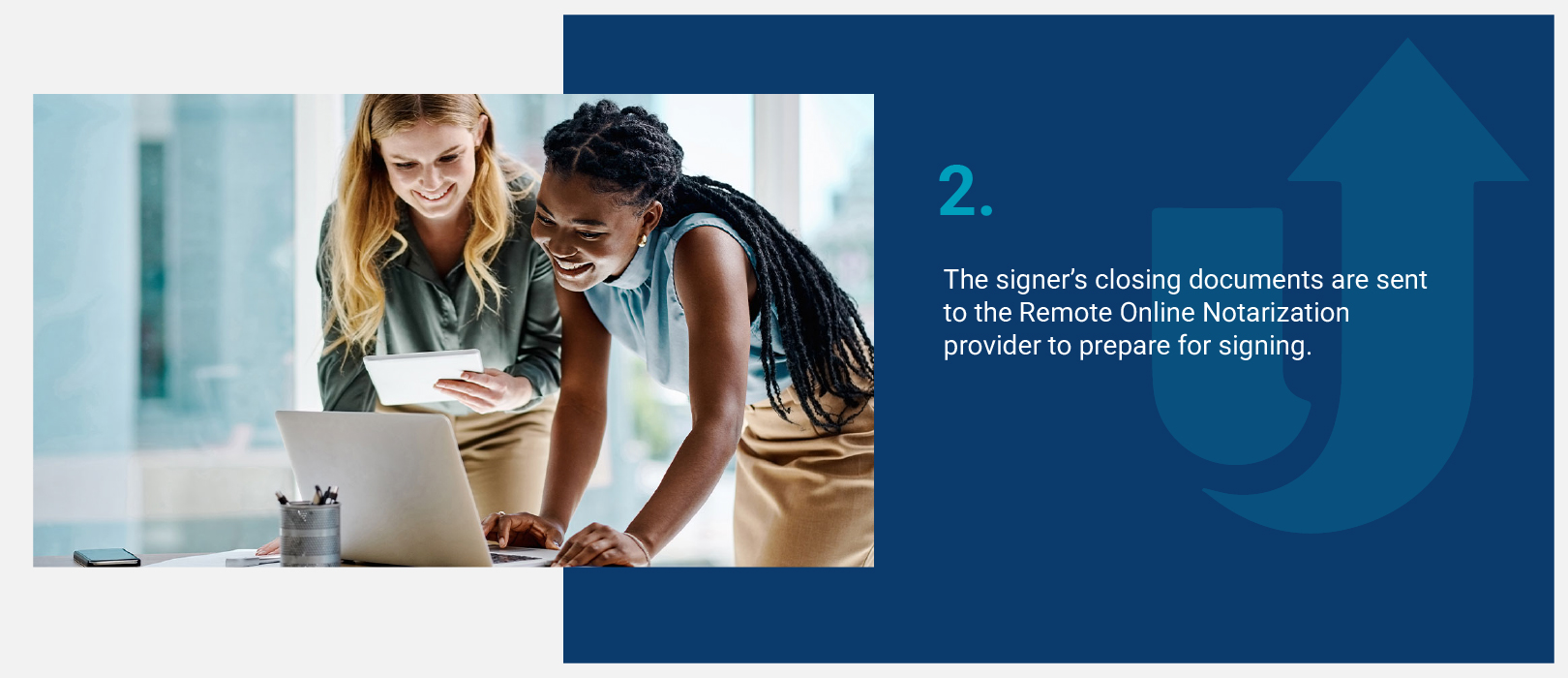
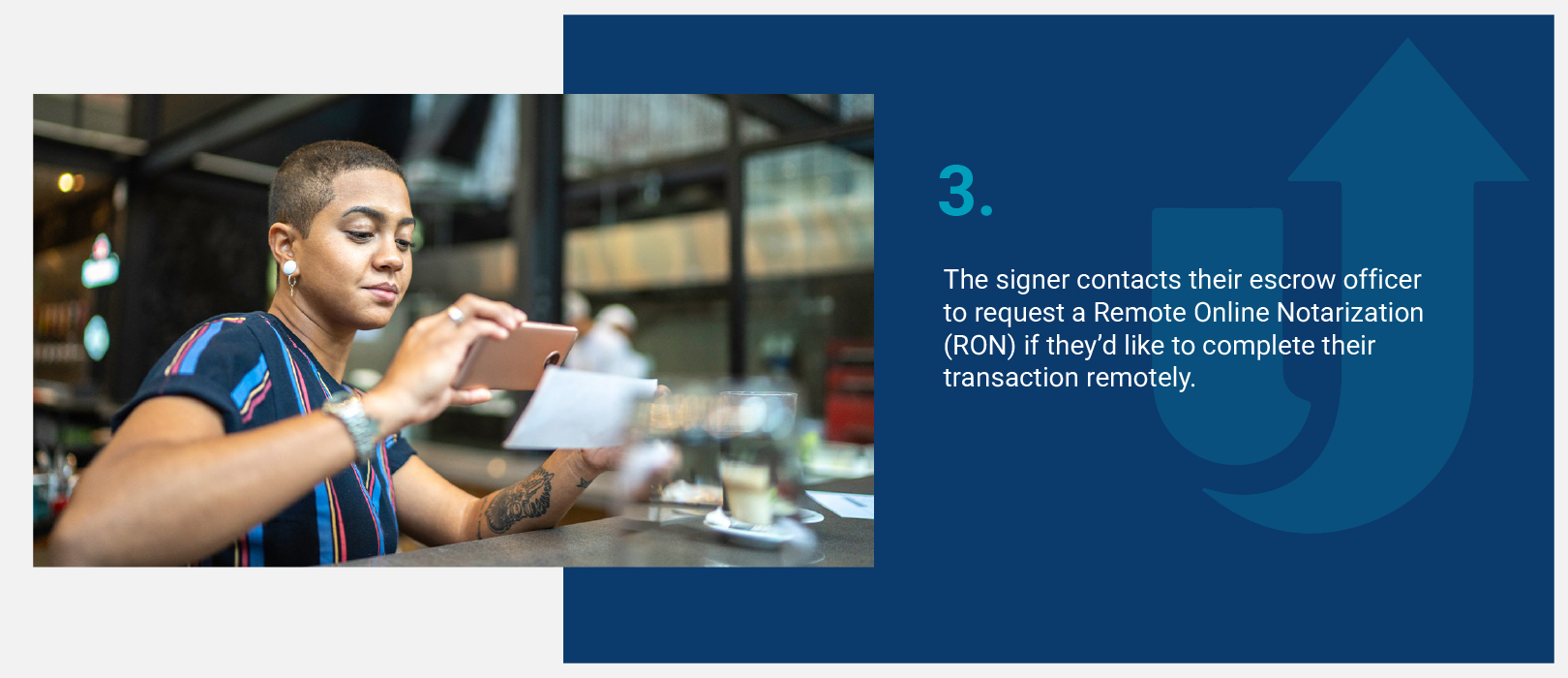
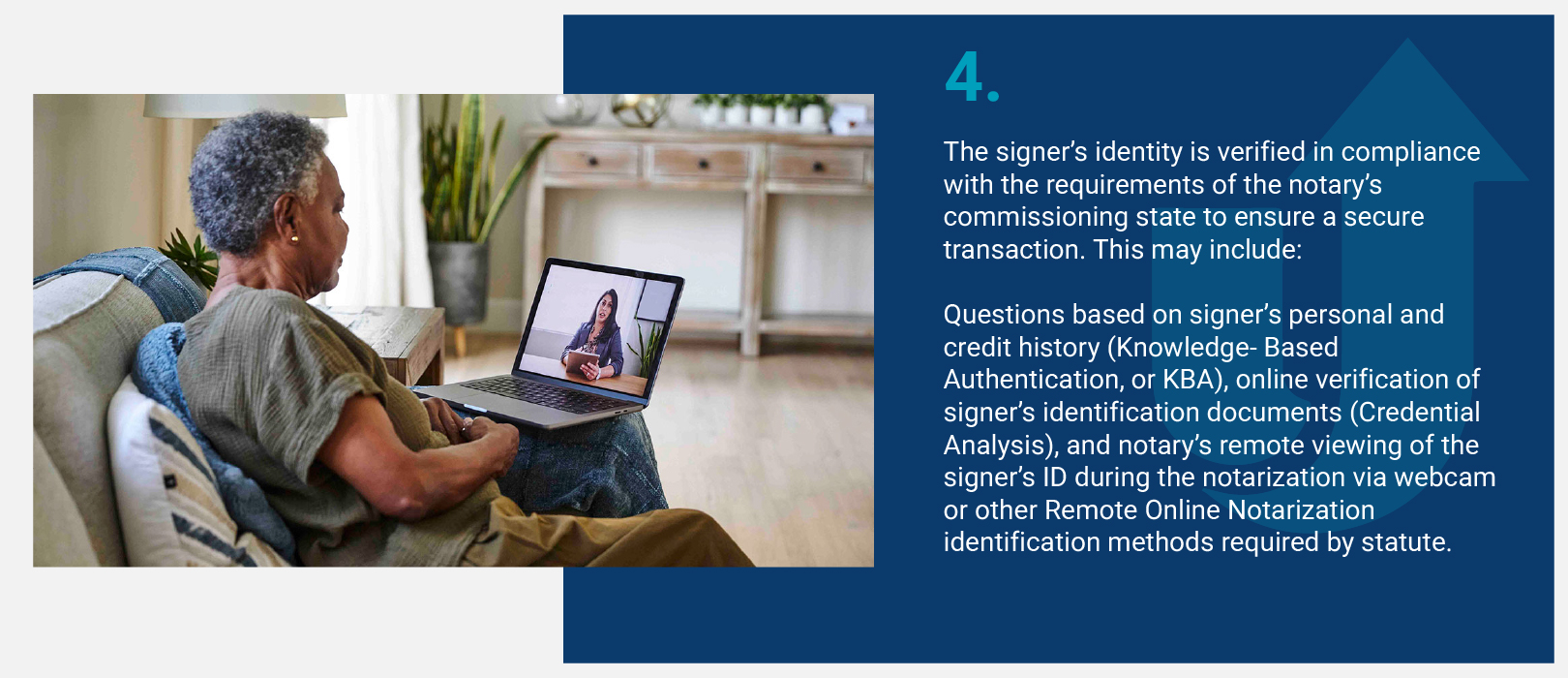
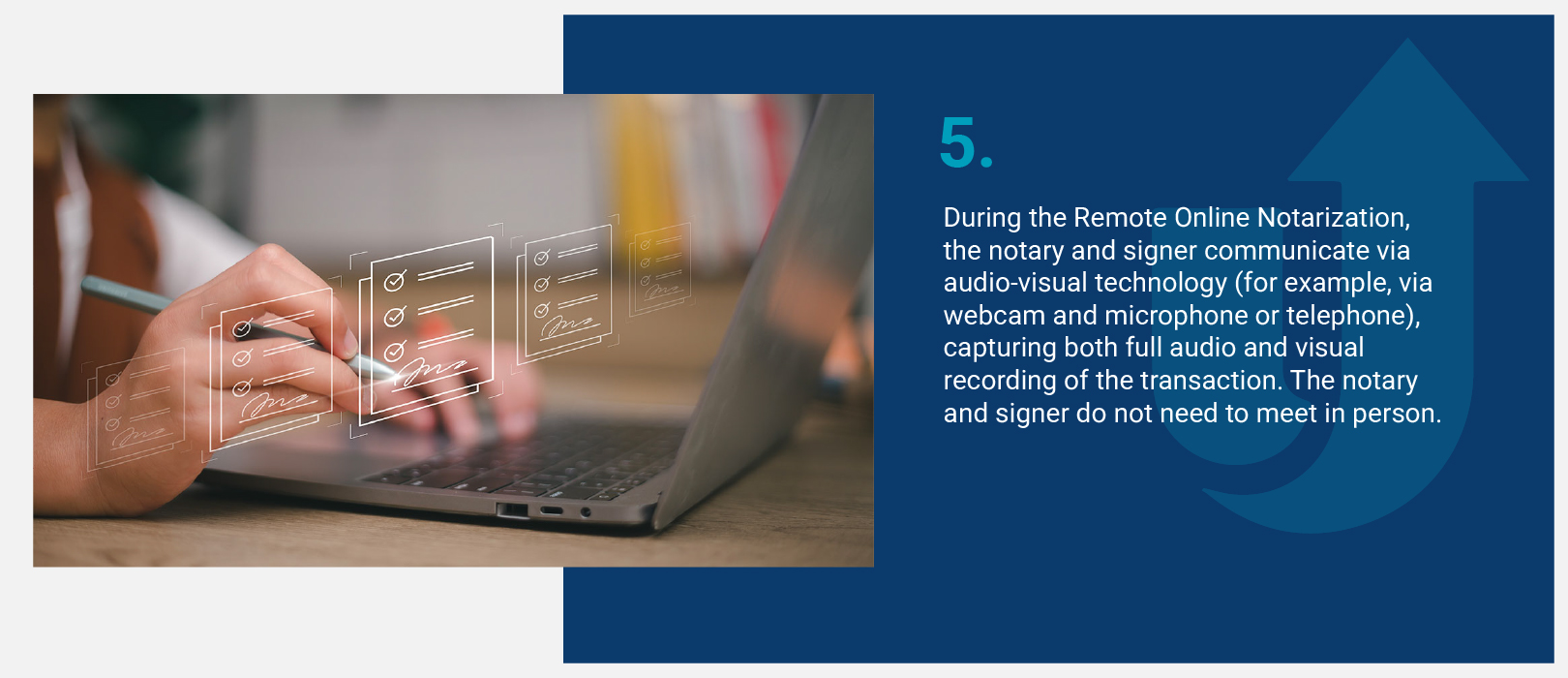
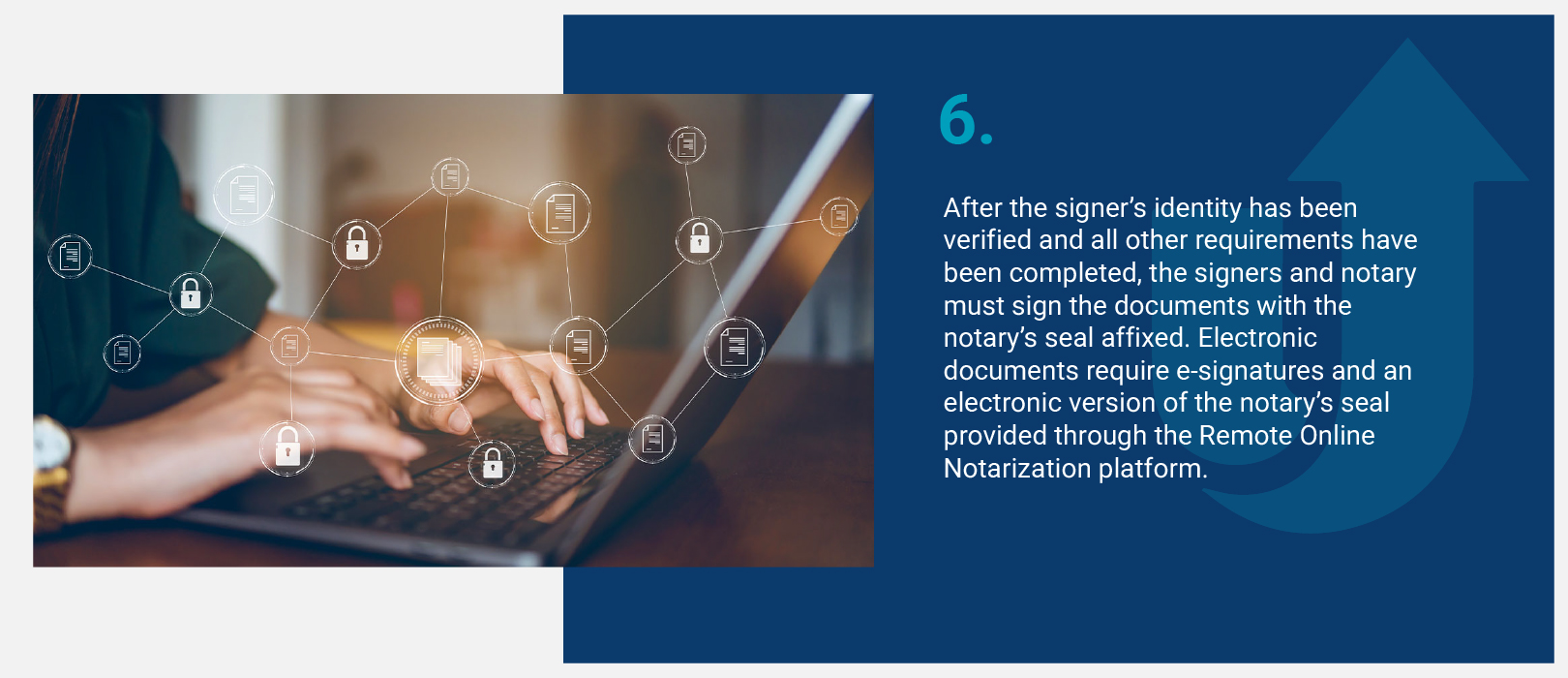
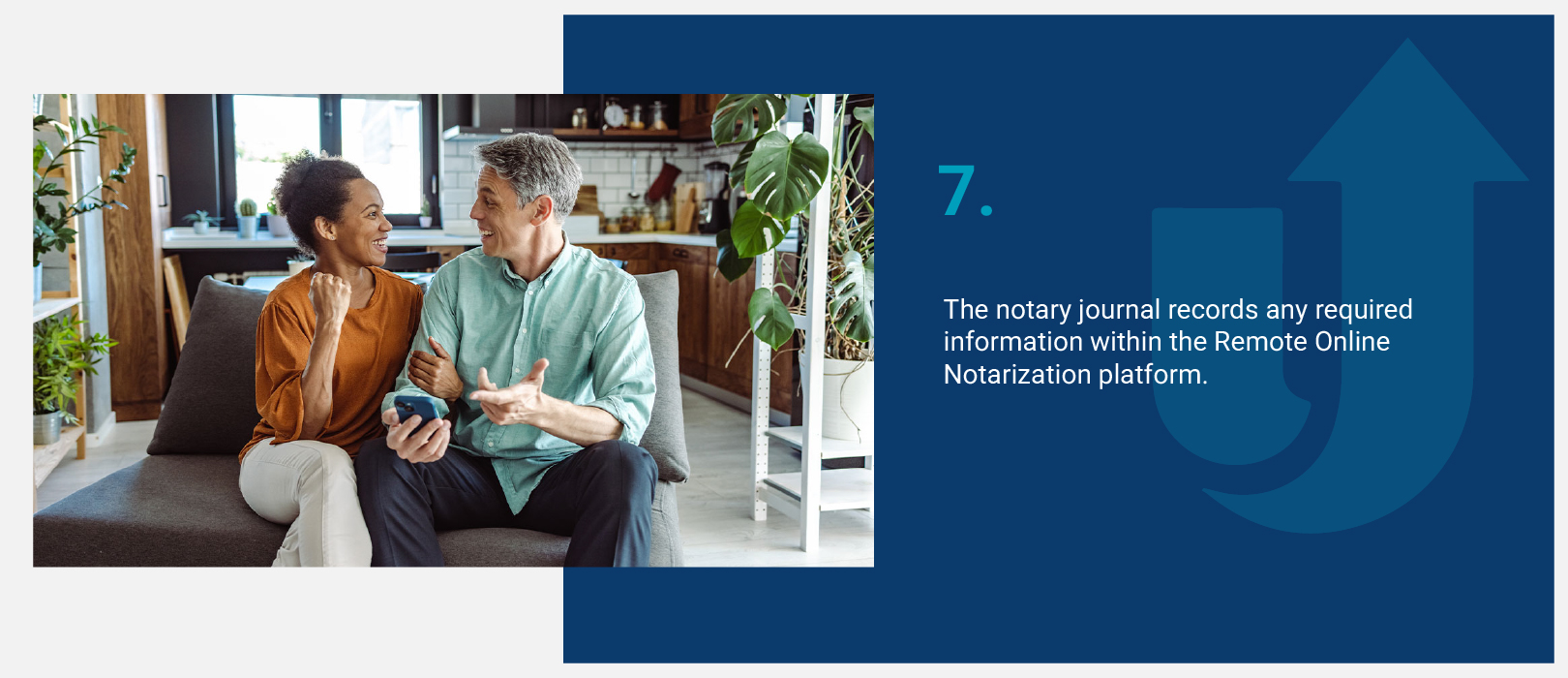
Ready to Get Started?
Contact your real estate agent about
using Upward on your next transaction.
Ready to Get Started?
Contact your real estate agent about using Upward on your next transaction.

©2026 Anywhere Integrated Services. All rights reserved. UPWARD and the UPWARD and U Design logos are service marks of Anywhere Integrated Services.